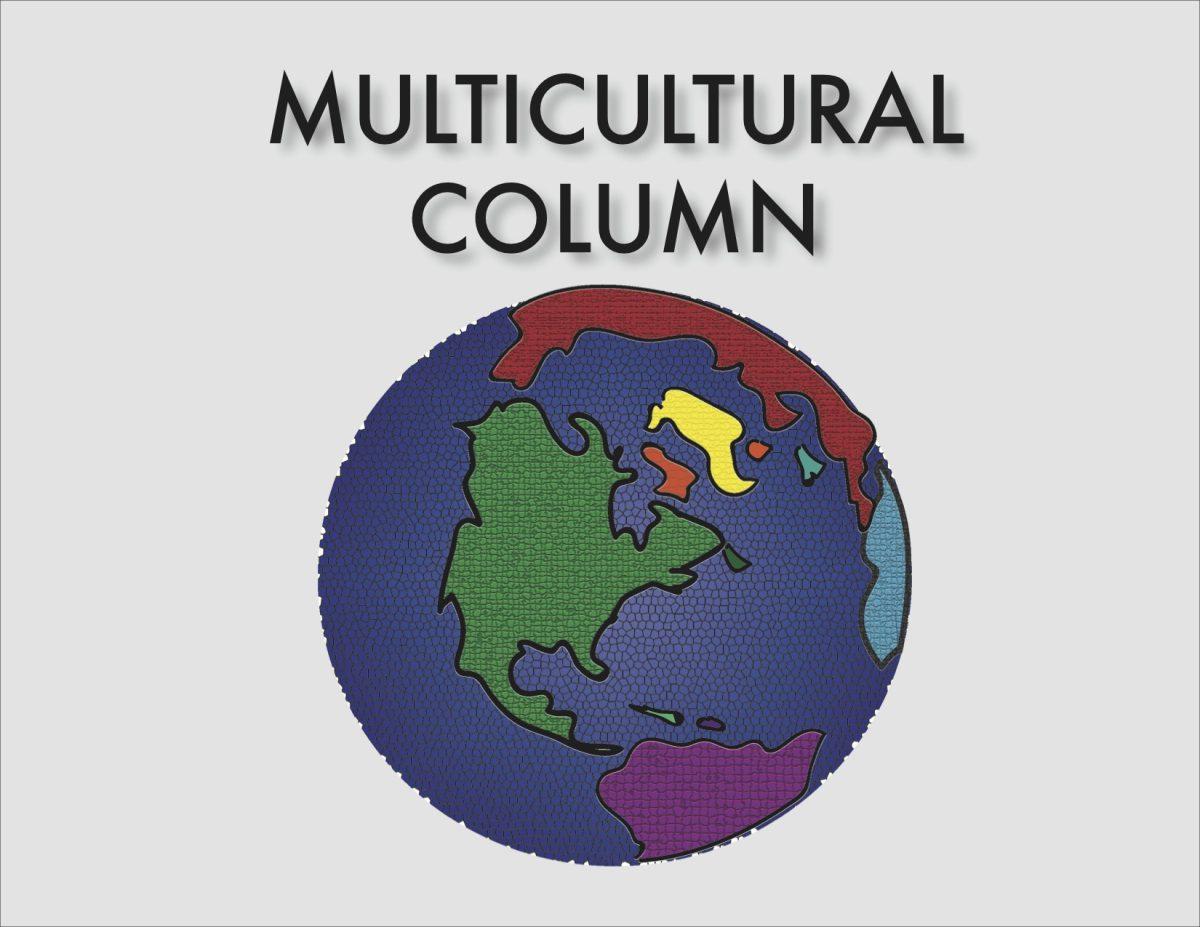Meet Anja Ringgren Lovén, founder of the African Children’s Aid Education and Development Foundation. She goes to a rural village in Nigeria and finds a child who was rejected and starved by his village after being accused of witchcraft. So yes, she saved him and yes this went viral. My only problem is, why was it that this particular story had to go viral?
There are cruel beliefs that exist in small parts of Nigeria, but why wasn’t it the fashion, the music or the movies that went viral? Why does Africa have to be associated with starving children for it to gain attention?
Even in this decade, there are people who still associate Africa with giraffes, zebras, disease, starving children and wait for it…Lion King. The usual excuse is that this is the image that the media feeds people, but that excuse ,gets old, especially since the world we live in isn’t the same as it was yesterday. Information about the African continent is just a click away, so if anyone wanted to know more, they would.
So why did the image of the starving young boy who was who was accused of witchcraft go viral, and not Akon lighting Africa? It was nice that the young boy was helped and the woman was able to use social media to garner donations. But at what cost? Our dignity. I’m pretty sure Akon’s foundation/ movement could have benefited from more attention or even donations.
This is not to criticize the woman for helping, but we get tired of the same stories being told about Africa. Oh the barbarians, starving and killing their own kind, let’s help them.
If I got a token for every time I have heard the phrase, “there are children starving in Africa”, I would would never pay to get on the Peter. However, Trevor Noah has the best response to this comment, “There are children in America who have food but are still starving”. There are people starving and dying everywhere in the world. Why does “Africa” have to be identified as a place of primitivity and negativity? Why can’t we be known as a continent with one of the most growing economies? We want to be known for being innovators and entrepreneurs, and not for the scarce barbaric traditions that very few people practice.
I wish there was a way to change the way people view and perceive the African continent. Non-Africans would first associate the bad before the good. When I say I am from Nigeria, I do not want someone to tell me how horrible it was to hear about the girls who got kidnapped or the latest incidents caused by Boko Haram.
This is not to generalize people. There are people who do appreciate the diverse African cultures: our music, fashion, literature (and by this I mean, have read books other than “Things Fall Apart”).
So does this mean that we should give up in trying to change our image? My answer is No. Why should we? Every year WASA, Wellesley African Students’ Association has a cultural show, Mamaland, that is meant to let the entire Wellesley Campus know of the African presence on campus. Last semester, the theme was “Reclaiming the Dynasty” because it was tainted. This past month, during Black History Month, WASA had a flyer campaign to debunk all the myths people have of Africa. We even had a film festival week with movies ranging from war to fashion. So how can people help? They can come to our events, such as our cultural shows to our general meetings. Just having people who appreciate the different faces of Africa is a good first step.






